To provide the best experiences, we use technologies like cookies to store and/or access device information. Consenting to these technologies will allow us to process data such as browsing behaviour or unique IDs on this site. Not consenting or withdrawing consent, may adversely affect certain features and functions.
The technical storage or access is strictly necessary for the legitimate purpose of enabling the use of a specific service explicitly requested by the subscriber or user, or for the sole purpose of carrying out the transmission of a communication over an electronic communications network.
The technical storage or access is necessary for the legitimate purpose of storing preferences that are not requested by the subscriber or user.
The technical storage or access that is used exclusively for statistical purposes.
The technical storage or access that is used exclusively for anonymous statistical purposes. Without a subpoena, voluntary compliance on the part of your Internet Service Provider, or additional records from a third party, information stored or retrieved for this purpose alone cannot usually be used to identify you.
The technical storage or access is required to create user profiles to send advertising, or to track the user on a website or across several websites for similar marketing purposes.
 While the move to flexible and hybrid working is widely accepted by businesses, their preparedness to implement such a strategy is not yet fully realised. That is the key finding of a new report from Siemens subsidiaries Comfy and Enlighted. Commissioned by Siemens from analyst firm Verdantix, the study polled 75 corporate real estate (CRE) executives from global companies with annual revenues of over $1 billion on the strategic considerations of redefining workforce models due to the COVID-19 pandemic. (more…)
While the move to flexible and hybrid working is widely accepted by businesses, their preparedness to implement such a strategy is not yet fully realised. That is the key finding of a new report from Siemens subsidiaries Comfy and Enlighted. Commissioned by Siemens from analyst firm Verdantix, the study polled 75 corporate real estate (CRE) executives from global companies with annual revenues of over $1 billion on the strategic considerations of redefining workforce models due to the COVID-19 pandemic. (more…)






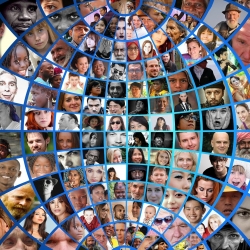 A new report from
A new report from 
 New research released by
New research released by 
 More than two-thirds (70 percent) of UK businesses have been the victim of a successful network security attack in the last year, and 65 percent have been the victim of at least one ransomware attack in the last 12 months, according to new research from
More than two-thirds (70 percent) of UK businesses have been the victim of a successful network security attack in the last year, and 65 percent have been the victim of at least one ransomware attack in the last 12 months, according to new research from 
 The
The 
 I’m a Luddite. This is not a hesitant confession, but a proud proclamation. I’m also a social scientist who studies how new technologies affect politics, economics and society. For me, Luddism is not a naïve feeling, but a considered position. And once you know what Luddism actually stands for, I’m willing to bet you will be one too — or at least much more sympathetic to the Luddite cause than you think.
I’m a Luddite. This is not a hesitant confession, but a proud proclamation. I’m also a social scientist who studies how new technologies affect politics, economics and society. For me, Luddism is not a naïve feeling, but a considered position. And once you know what Luddism actually stands for, I’m willing to bet you will be one too — or at least much more sympathetic to the Luddite cause than you think. 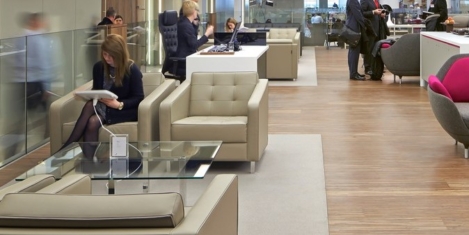
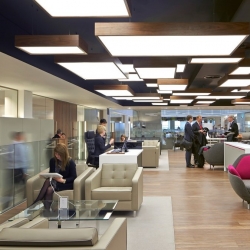 The CFO and Finance Director role is undergoing rapid change. Not only are they required to manage the traditional priorities of the job, but they must now also juggle a wide array of operational, transactional and commercial responsibilities. With added pressure from clients because of Covid-19 and a rapidly evolving workplace, the role is increasingly hard to navigate. To gain a deeper insight into this and the evolution and future planning of a department that is central to the success of modern businesses,
The CFO and Finance Director role is undergoing rapid change. Not only are they required to manage the traditional priorities of the job, but they must now also juggle a wide array of operational, transactional and commercial responsibilities. With added pressure from clients because of Covid-19 and a rapidly evolving workplace, the role is increasingly hard to navigate. To gain a deeper insight into this and the evolution and future planning of a department that is central to the success of modern businesses, 
 Thinking back to the fast pace of life 18 months ago, the working day looked very different. COVID-19 forced a significant adjustment in how many workforces operate, including the enforced use of multiple workplace technology tools to collaborate. How will our use of collaboration tools change as we go through pandemic recovery? How can businesses ensure they continue to transform their workflows in a way that gives them maximum efficiency and productivity?
Thinking back to the fast pace of life 18 months ago, the working day looked very different. COVID-19 forced a significant adjustment in how many workforces operate, including the enforced use of multiple workplace technology tools to collaborate. How will our use of collaboration tools change as we go through pandemic recovery? How can businesses ensure they continue to transform their workflows in a way that gives them maximum efficiency and productivity? 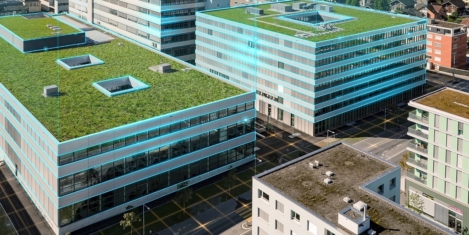
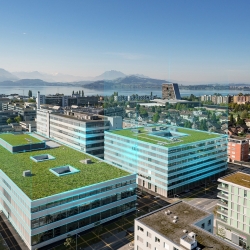 Growth in key tech sectors is set to rocket after a landmark $1 trillion infrastructure package bill passed in the US Senate, part of a comprehensive $3.5 trillion plan within President Biden’s post-COVID
Growth in key tech sectors is set to rocket after a landmark $1 trillion infrastructure package bill passed in the US Senate, part of a comprehensive $3.5 trillion plan within President Biden’s post-COVID 
 Almost half (45 percent) of UK firms have decreased their research and development initiatives during the covid-19 pandemic, with even 18 percent of firms halting theirs altogether, according to new research from
Almost half (45 percent) of UK firms have decreased their research and development initiatives during the covid-19 pandemic, with even 18 percent of firms halting theirs altogether, according to new research from 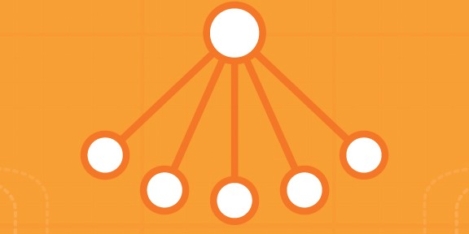
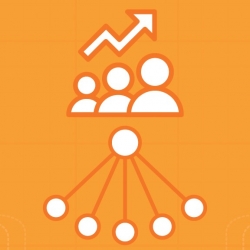 A new report from the
A new report from the 








September 30, 2021
The truth about the workplace comes out of the well
by Mark Eltringham • Comment, Property, Technology, Wellbeing, Workplace design